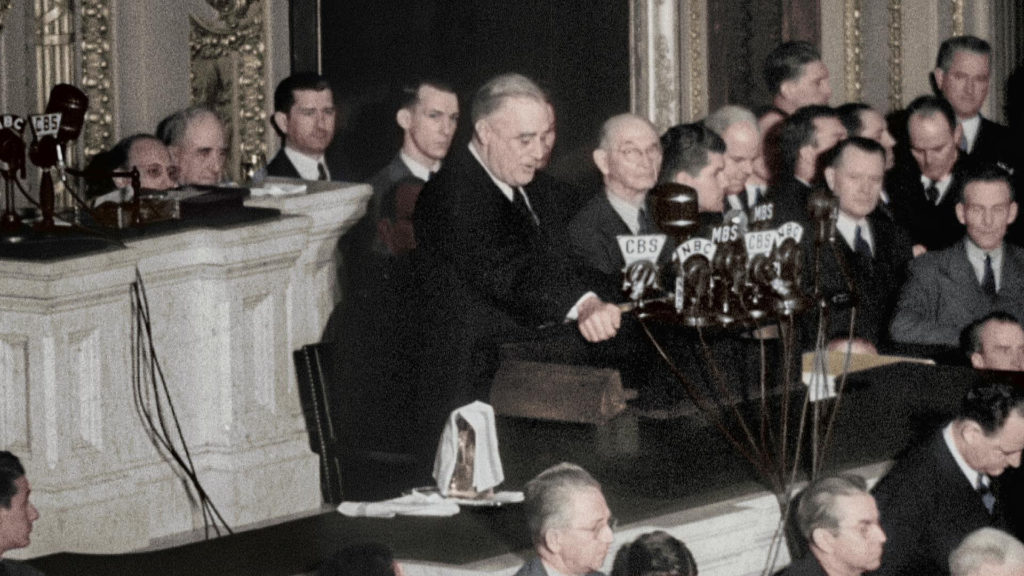Nearly 20 years ago, God planted the seed of adoption in Chris Mills’ heart after he was personally impacted by an adoption within his extended family.
Years later, Mills shared his life’s plans and heart’s desires, including God’s call to adopt from China, on his first date with Brooke, who is now his wife.
Brooke embraced the calling, too, and the couple attended an adoption information meeting where they learned they didn’t yet qualify. Once they met the requirements, the two began submitting the necessary paperwork and waited to begin their international adoption journey.
The Mills eventually received the file of a child with whom they instantly fell in love. Two years later, they are still waiting to bring him home.
Interruptions in process
According to Herbie Newell, president and executive director of Lifeline Children’s Services, based in Birmingham, international adoption commonly takes from 18 months to two years, although it can be completed more quickly depending on the needs and age of the child.
Families pursuing very young children with medical needs often experience a longer process, Newell noted, and global issues can lengthen the time frame.
COVID-19 affected adoption and created hardships with international travel, though many countries have navigated the challenges and are operating more routinely now, Newell said.
As of March 14, Ukraine’s international adoption process remains open and staff at Lifeline, which facilitates adoptions by providing training, education and support networks for families, are watching to see the impact of the war with Russia. Lifeline keeps families updated, specifically on travel to Ukraine.
“There is great concern that if Russia is successful in taking over Ukraine, they will shut down all intercountry adoptions from Ukraine,” said Chelsea Sobolik, director of public policy for the Southern Baptist Ethics & Religious Liberty Commission. “[Russia] closed adoptions from Crimea when they took over there. There are families throughout the U.S. that have been matched with their kids, families who were supposed to travel recently.
“We are working with the State Department and with Congress to ensure that intercountry adoption remains a priority for the U.S. in ongoing discussions,” Sobolik said, “and that Russia will allow intercountry adoptions to continue. We are working with a lot of coalition partners toward that end.”
“In times of war, the people who suffer most are vulnerable people, especially vulnerable children. It’s something we are highlighting with the administration.”
Closed borders
But in China the time frame remains unknown due to the pandemic. China’s borders are closed, prohibiting travel for families to finalize adoptions and bring home their children, Newell explained, and many families have now waited two years longer than the initial two years they were expecting.
“COVID-19 has brought us many challenges,” Chris Mills reflected. “China is seeking to take the best care they can of our children in orphan care so they have closed the country to adoption travel. In a pre-COVID world, we would have possibly traveled by the end of 2020. We have been waiting since mid-2020 to travel and are not sure when that will be.”
Mills said that though the orphanage provides good care for the child who waits for them, nothing can replace the medical care and one-on-one attention and love he will receive in their home. Overcoming emotional hurdles has been the greatest challenge, for them as parents and for their biological children who long for their sibling to join them, he said.
“There are constant reminders of our child not being home,” Mills said. “While we find great encouragement in questions from others about updates, there’s an emotional element in knowing there’s little we can do. We wait and pray knowing that we will do whatever it takes to travel, hoping that day comes soon.”
Newell said Lifeline is “encouraging families to pray for open lines of communication between the U.S. and China so that helpful, solution-minded conversations can happen regarding families being able to enter China.”
“We are currently communicating with officials on both sides regarding the importance of the waiting children being allowed to join the families that are so patiently pursuing them,” he said. Our ministry is also encouraging families to share their stories, giving a voice to waiting children. “Most importantly, we are praying for the Lord to move on the hearts of decision-makers to act in the favor of these precious, waiting children.”






Share with others: